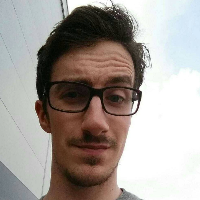Video Game To TV Adaptations And What They Get So Wrong

The entertainment powers that be have lit on to the craze of adapting video game stories to TV for fresh content. Gamers are overjoyed at the notion of seeing their favorite characters come to life, and non-gamers clearly enjoy some new action franchises that aren't Marvel characters.
It's great to see our favorite games make an impact on a wider audience, but from a gamers' perspective, there's always that negativity and wariness whenever a TV adaptation is announced. Why is this? Because we know they're going to get it wrong.
It happens most of the time sadly. TV producers and writers understand the popular outcry but fail to recognise the heart of the intellectual property. Touching moments and scenes that connect the gamer to the character are so often lost. Important snippets of dialogue are often omitted to create a lesser understanding of certain relationships.
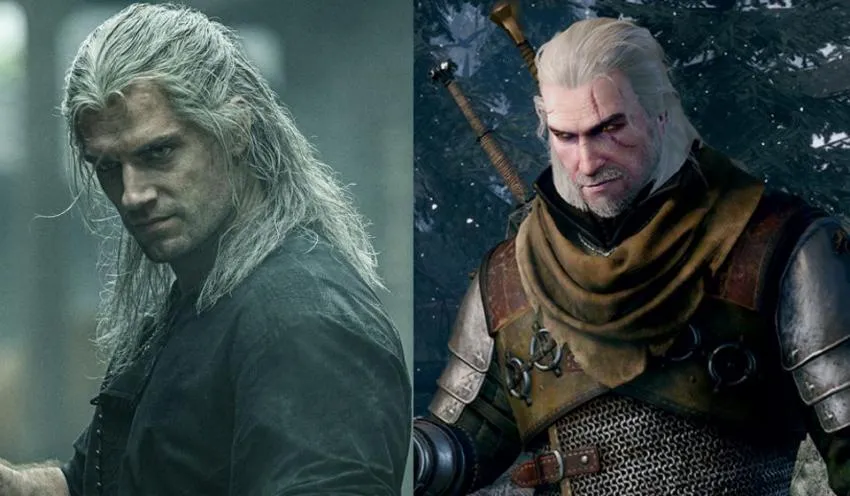
The recent travesty being Netflix's The Witcher, which I covered at length in a previous article. Notably, in relevance to this, that series is not an adaptation of the game per se, but relies heavily on The Wild Hunt imagery and references to draw a comparison with the inferior writing and dialogue.
Gamers witness a beautiful paternal relationship between titular Geralt and Ciri, and a tumultuous romance between Geralt and Yennefer. It's the heart of the game; it's why we play. It's why we battle griffins and wyverns and Striga: to get to these tender moments that don't make it to the screen.
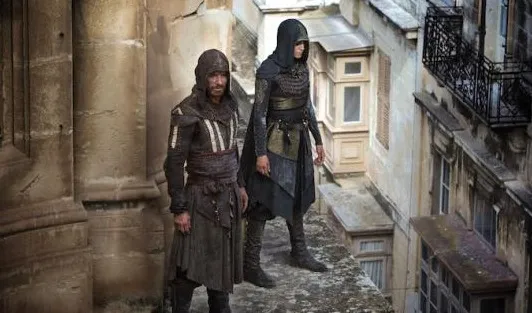
Ubisoft's Assassins Creed received the movie treatment back in 2017. Here we saw Michael Fassbender as both present-day protagonist, and assassin of the past Aguilar. Gamers had never seen this past character before so had no affiliation of kinship to him.
The character might have been a blank slate but the present-day guy was so obviously meant to be similar to Desmond that the whole continuity was a mess. THAT at least is similar to the franchise.
It didn't help that this character didn't tie in with any game before or since. Perhaps Ubisoft were keeping it at arms length in case it flopped. Either way that might have been the right call. It definitely left a bitter taste in the mouth of every Creed fan I know.
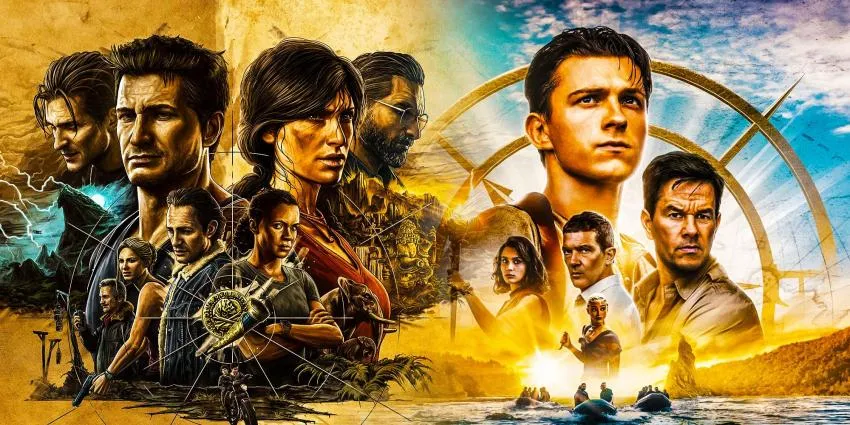
Sony seems to be giving more priority to their screen adaptations than making sequels to their flagship games. Their Uncharted series had the big-screen treatment in the form of a Nathan Drake origin story prequel.
It was well-received universally as a poor man's Indiana Jones to non-gamer laymen, but gamers saw that the imagery from all four games had been heavily relied on and merged into one big movie; when in fact these events are spread across Nathans life. Some disliked the decision to cast Tom Holland as Nathan, and Mark Wahlberg as Sully.
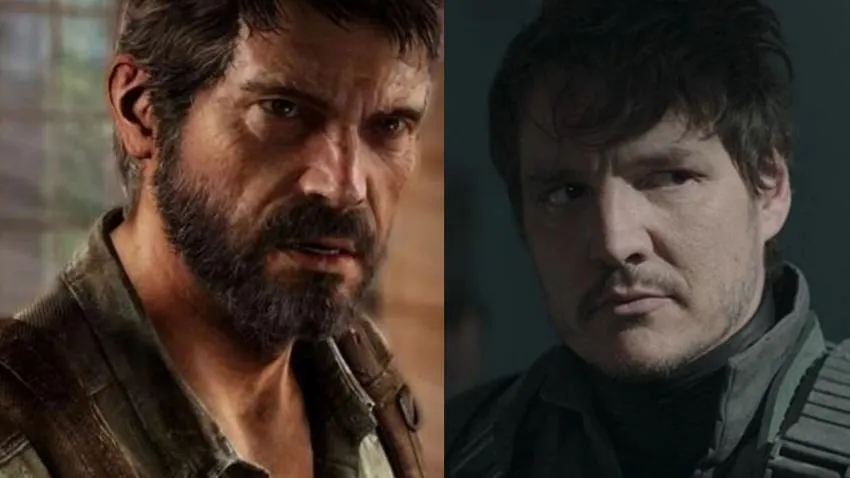
Sony's other grand title The Last of Us is being adapted to the small screen, and is heavily in production, to be aired on HBO Max later this year. The main characters Joel and Ellie have an incredible, volatile yet fragile bond.
Beset on all sides by zombies, they roam their way through America on foot and horseback to get to a hospital, where it's hoped a vaccine can be made from Ellies' immune blood. It's a fascinating journey, fraught with emotion, danger and and pushes the boundaries of human relationships.
Joel and Ellie have very distinct looks that gamers recognize. Joel is similar in appearance to the likes of Hugh Jackman or Dylan McDermott, but HBO decided to cast Pedro Pascal. A fine actor in many ways but not much likeness to Joel. Whether they'd seen his paternal side in The Mandalorian or chose to cast it with a bit of racial nuance is unclear. His performance remains to be seen but I'm sure he'll do it admirably.
Ellie was likened to actor Elliot Page when the original artwork came out, and the developers at Naughty Dog had to change her appearance. The show cast Game of Thrones actress Bella Ramsey. She was great and tough in Thrones so hopefully she'll imbue that here. The Last Of Us needs to be faithful, almost exact to carry that magic. Those touching moments, and hopefully the soundtrack, are needed to make the show work for gamers' high standards.
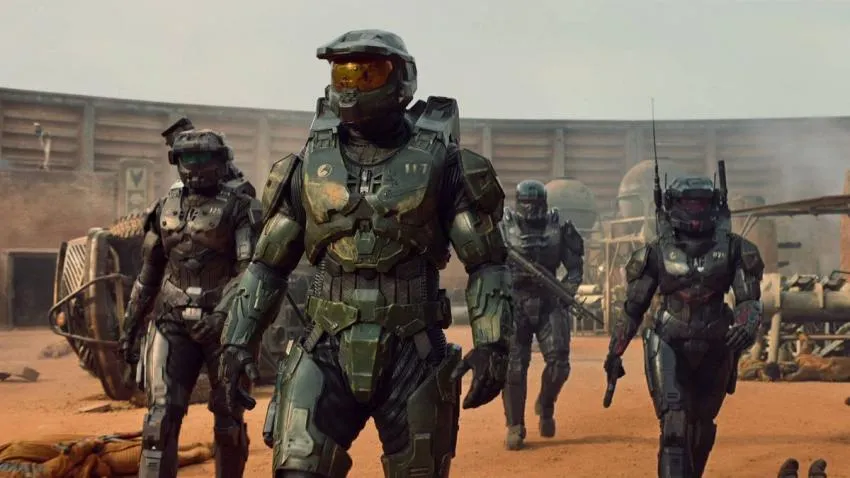
Microsofts' flagship property Halo has recently hit the small screen, telling the largely untold story of the inscrutable protagonist Master Chief. There had previously been a short animated film Fall of Reach, but this series features the Covenant race so is much more in line with the present-day gameplay. The series is limping along on Paramount Plus, but nobody seems to be wowed by it or talking about it much.
Square Enix's Tomb Raider was adapted into a movie that seemingly followed the plot of the 2013 remake. While it was much more grounded in reality than the Angelina Jolie predecessors, it was underwhelming at the box office for viewers and gamers alike.
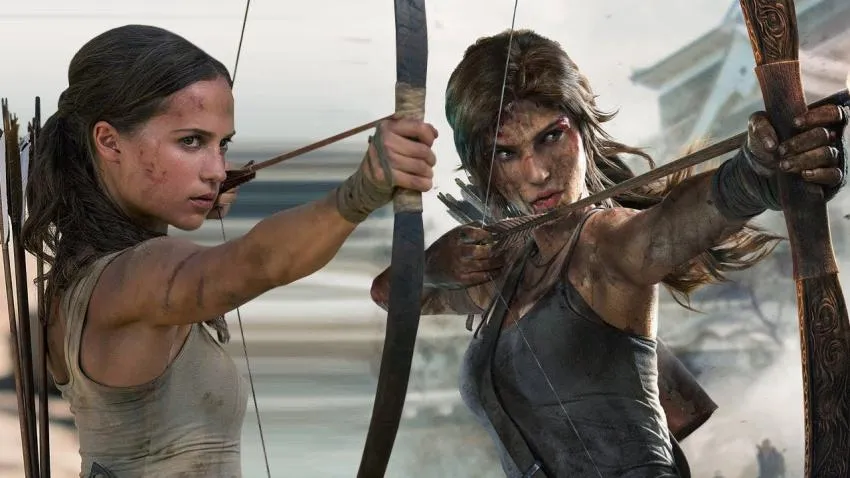
The problem is again, that the writers changed the plot and tried to make it better. Pivotal dialogue is lost in the name of more action. While action appeals to gamers, the whole point of adapting certain games is to put across the compelling narrative into a digestible format. Messing it up with bloated CGI fails to impress anybody.
Resident Evil and Silent Hill have been adapted into poor, forgettable movies. Super Mario Bros had a very strange 90's movie made featuring Bob Hoskins, which is still seen as painfully bizarre and divorced from the source material today. Hitman has tried twice and not got it right. Need For Speed tried to focus a story around its' racing format. Max Payne had a movie in 2008 with Mark Wahlberg as the lead, which faded into nothingness.
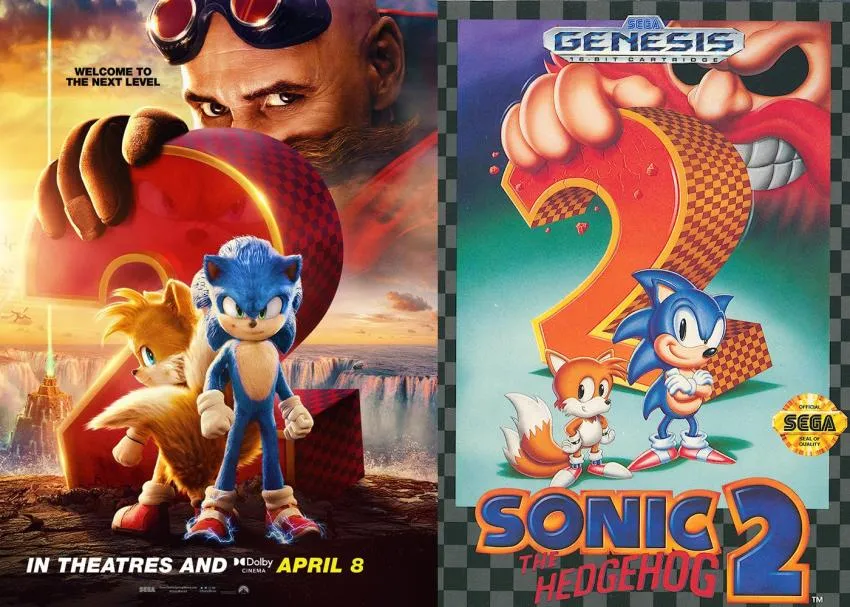
That being said there has recently been great success and acclaim for the new Sonic the Hedgehog 2 movie, and its' predecessor. They were surprisingly enjoyable to a universal audience, did a lot to flesh out its' silent characters, and advance the series beyond its' 2D side-scrolling universe.
Displeased gamers were in the minority, as there's not much plot or dialogue in the games to ruin, so a movie adaptation was fair game: needing only to get the imagery right, which they did.
Another fair TV adaptation is League of Legends Arcane, which provides great depth into the transformations and relationships of its' main characters, with a stellar animation style.
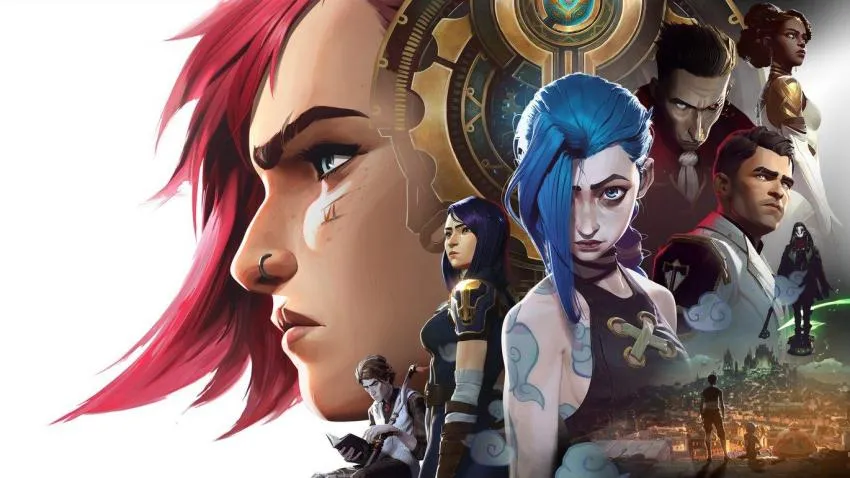
Many more games have been adapted into movies, and many more are on the way. Games are a great art form to emulate onto the big screen, with many having the added benefit of having a great compelling narrative that drives the player forward in progressing to see the story unfold. They're like a visual book you can't put down.
Unfortunately greenlighting the projects isn't enough, if handled by a director or writer who doesn't understand or care about the source material, as so often happens. To be fair to the execs, they have to trim thirty to eighty hours of material into a digestible family film, so any sort of side quest from the games has to be omitted.
However everyone knows the key moments of the main story and dialogue that they should include, it's just that they choose not to. Or they cut important parts to make room for their own added bits, that are just downright unwelcome. In movies, it can be forgiven a bit, but with a series, you have a lot more time and room to maneuver to get the story told properly.
Opinions and Perspectives
I agree that game adaptations often miss the emotional core. The Witcher TV series completely failed to capture the deep bond between Geralt and Ciri that made the games so special.
I actually enjoyed the Uncharted movie for what it was. Sure, it wasn't perfect, but Tom Holland brought a fresh energy to young Nathan Drake.
The problem with most adaptations is they try too hard to appeal to non-gamers and end up pleasing nobody. Just look at what happened with Resident Evil.
You make some interesting points but I think Arcane proved it can be done right. They respected the source material while making it accessible to new audiences.
My biggest issue with The Witcher series was how they butchered Yennefer's character. In the games, she's complex and nuanced. The show turned her into something completely different.
I'm cautiously optimistic about The Last of Us adaptation. Pedro Pascal has shown he can do the protective father figure role well in The Mandalorian.
The Sonic movies worked because they weren't trying to be something they're not. They embraced the fun, lighthearted nature of the games.
I still can't get over how they massacred the Assassin's Creed movie. Such a waste of Michael Fassbender's talent.
Does anyone else feel like these adaptations are just cash grabs targeting nostalgia? Most of them seem so rushed and poorly thought out.
The casting choice for Ellie in The Last of Us makes me nervous. Bella Ramsey is talented but she doesn't feel right for the role.
I have to disagree about the Uncharted movie. It completely missed what made the games special. The character dynamics were all wrong.
The success of Arcane shows that animation might be the better medium for game adaptations. It allows for more creative freedom while staying true to the source.
I'm still traumatized by that Super Mario Bros movie from the 90s. At least we've come a long way since then!
The Halo series is such a disappointment. They had so much rich lore to work with and they just created their own mediocre story instead.
I actually think the problem goes deeper than just bad writing. These adaptations often fail to understand what makes games unique as a medium.
League of Legends really lucked out with Arcane. The show managed to expand the world while respecting existing lore. More adaptations should follow this example.
Let's be honest, most of these adaptations feel like they were written by people who never played the games.
The Witcher show runners clearly didn't understand what made the games special. They focused too much on spectacle and missed the heart of the story.
Remember the Max Payne movie? Another example of Hollywood completely missing the point of what made the game great.
I think TV shows have more potential than movies for game adaptations. They have more time to develop characters and storylines properly.
My heart breaks every time I see a beloved game get a bad adaptation. These stories deserve better treatment.
The casting for Joel in The Last of Us actually grew on me. Pedro Pascal has the acting chops to pull it off.
Animation might be the answer. Look at Castlevania on Netflix. It stayed true to the spirit of the games while telling its own story.
The problem with the Assassin's Creed movie was trying to create a new story instead of adapting one of the existing game narratives.
I'm tired of producers thinking they know better than the original writers. If it ain't broke, don't fix it!
Sonic movies succeeded because they understood their audience includes both kids and nostalgic adults.
The Last of Us adaptation needs to nail the emotional moments. That giraffe scene better make me cry just like the game did.
